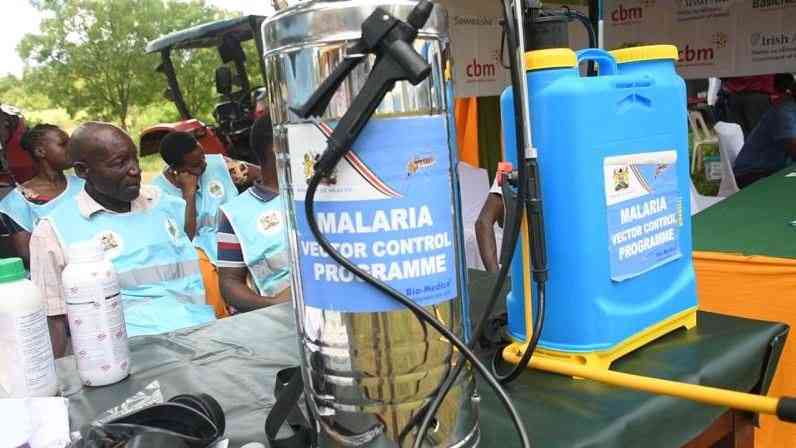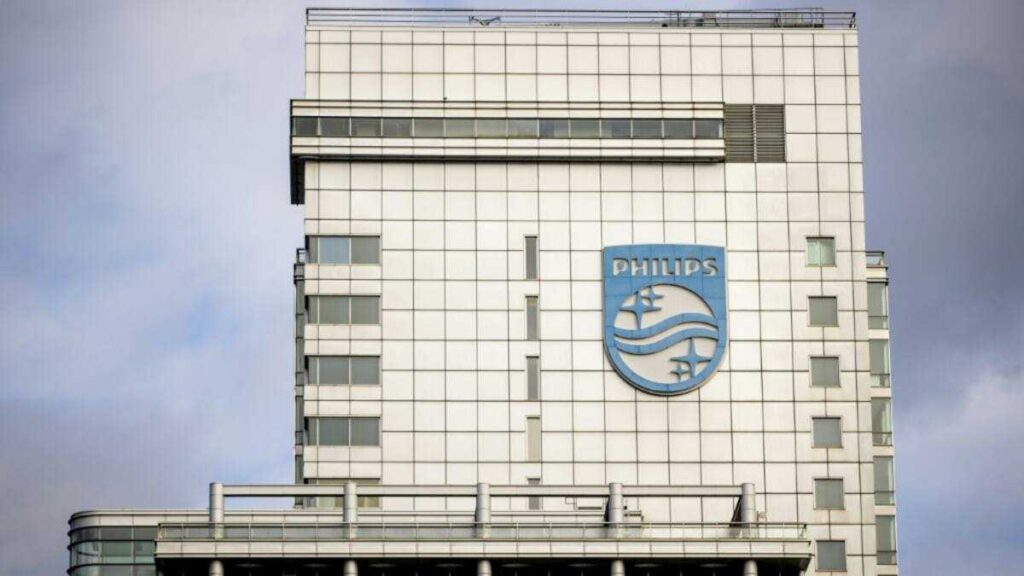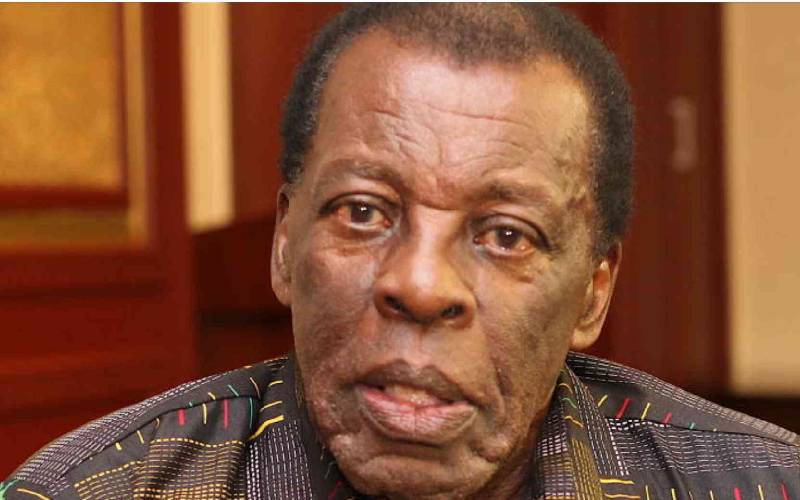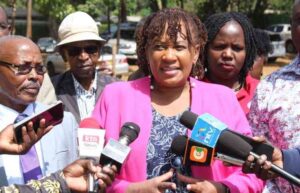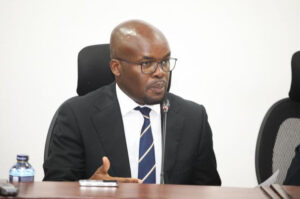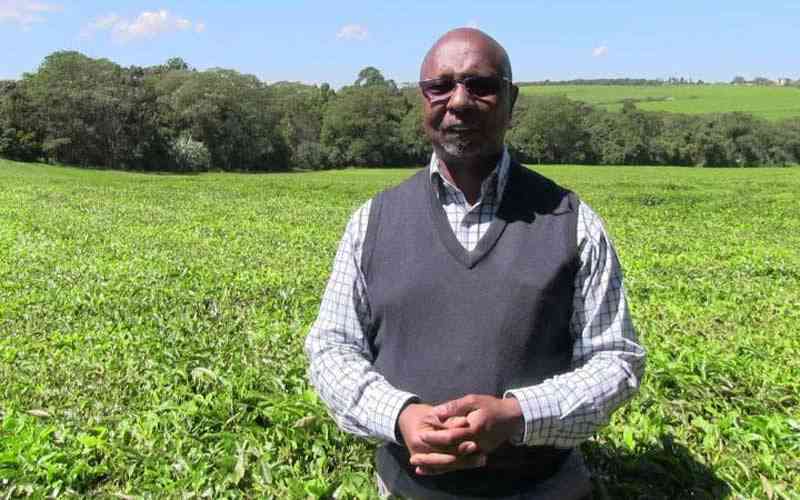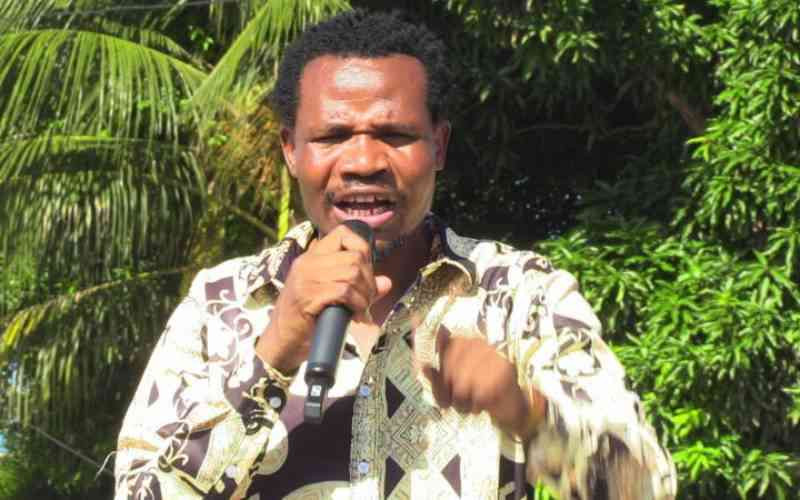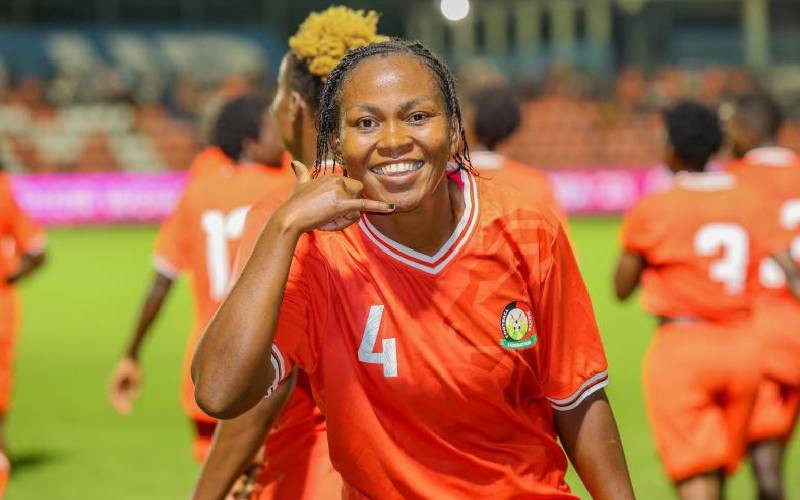The World Health Organization (WHO) has issued a warning that disruptions in the financing of health services continue to affect the fight against malaria.
In this year’s World Malaria Day message, the WHO reported that the funding cuts to malaria programs set for 2025 put millions of additional lives at risk and could reverse decades of progress.
Between 2010 and 2023, the United States is estimated to have contributed an average of 37 percent of global malaria financing through bilateral and multilateral channels.
“The impact is being felt across the health sector. Of the 108 WHO country offices that participated in a rapid stock take, nearly three-quarters reported disruptions to health services following the pause in overseas development assistance,” noted the WHO.
The organisation indicated that responses to malaria have been particularly affected. Of the 64 malaria-endemic countries surveyed, more than half reported moderate or severe disruptions to malaria services.
“Reductions in funding also threaten to undermine critical investments in scientific innovation, including the development of new and improved preventive, diagnostic, and treatment interventions, as well as new tools to address drug and insecticide resistance,” stated the WHO.
In Kenya, malaria remains a significant public health issue, with 75 percent of the population at risk of the disease. In 2023, Kenya recorded an estimated 3.3 million cases of malaria.
While most regions in Kenya are free from malaria, fourteen regions—including the lake and coastal areas—remain heavily threatened.
These endemic regions include Kisumu, Siaya, Homa Bay, Migori, Busia, Vihiga, Bungoma, Kakamega, Lamu, Taita Taveta, Kilifi, Tana River, Mombasa, and Kwale counties.
The organisation mentioned that while funding for some USA-supported malaria programs has been reinstated, the disruptions have created critical gaps.
“Without the rapid delivery of prevention and treatment services to at-risk populations, the consequences could be fatal,” the WHO observed.
It highlighted the impact of suspensions and reductions in health official development assistance on health systems.
Dr. Daniel Ngamije, Director of the WHO Global Malaria Programme, cautioned that easing efforts against malaria could have dire consequences.
“History has shown us what happens if we let down our guard against malaria. In 1969, the global eradication effort was abandoned, leading to a resurgence of cases and deaths. It took nearly 30 years for world leaders to come together and restore momentum,” Dr. Ngamije stated.
Stay informed. Subscribe to our newsletter
Dr. Jérôme Salomon, WHO Assistant Director-General, urged stakeholders to ensure that funding setbacks do not derail the global malaria agenda.
“We urge all stakeholders to sustain their commitments, safeguard national plans, and coordinate adaptation strategies in response to the shifting funding landscape,” Dr. Salomon noted.
The WHO revealed that 24 percent of their country office responses suggest that budget cuts are already resulting in increased out-of-pocket payments, with the poor and vulnerable likely bearing the brunt of these impacts.
A new rapid stock take conducted in March-April 2025 with 108 WHO country offices across low- and lower-middle-income countries shows that many countries are working to increase or reallocate funding from domestic and alternative external sources to address gaps following the disruptions from longstanding investments by the United States and other global partners.








